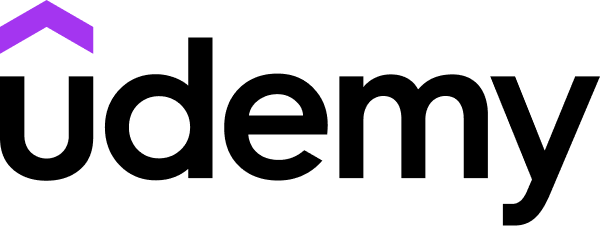Overview
Study for the first two domains of the Cisco Certified Network Associate (CCNA) exam: network fundamentals and network access.
The Cisco Certified Network Associate (CCNA) certification has been updated to reflect the latest technologies and job roles. The revised exam tests IT professionals' understanding of foundational networking topics in six domains, including the two covered in this course: network fundamentals and network access. Join instructor Greg Sowell for this comprehensive review, designed to refresh your skills on topics such as network components and architecture, IP addressing, routing, switch configuration, and virtualization. Greg also reviews connectivity and access-related topics such as VLANs and wireless architectures. The lessons are full of diagrams and demos on real routers and switches, so you can develop the skills you need to pass the exam and have a more successful career.
Note: A complete overview of the exam and registration instructions can be found at https://www.cisco.com/c/en/us/training-events/training-certifications/exams/current-list/ccna-200-301.html.
Syllabus
Introduction
- Get prepared for CCNA 200-301
- What you should know
1. Network Fundamentals
- Network models
- Network components
- Network topology achitecture
- Physical interface and cable types
- Command-line interface
- Remote access
- Interface and cable issue troubleshooting
- TCP and UDP
- IPv4 addressing and subnetting
- Configuring IPv4 addressing
- Private IPv4 addressing and NAT
- Configure and verify IPv6 addressing and prefix
- IPv6 address types
- Verify IP parameters on client devices
- Virtualization fundamentals
2. Network Access
- Switching concepts
- VLANs
- VLAN trunking
- Layer 2 discovery protocols
- EtherChannels
- Spanning tree protocol
- Wireless frequencies
- Wireless principles
- Wireless security
- Wireless architectures and AP modes
- AP connections and management protocols
- WLC client configuration
Conclusion
- Next steps


